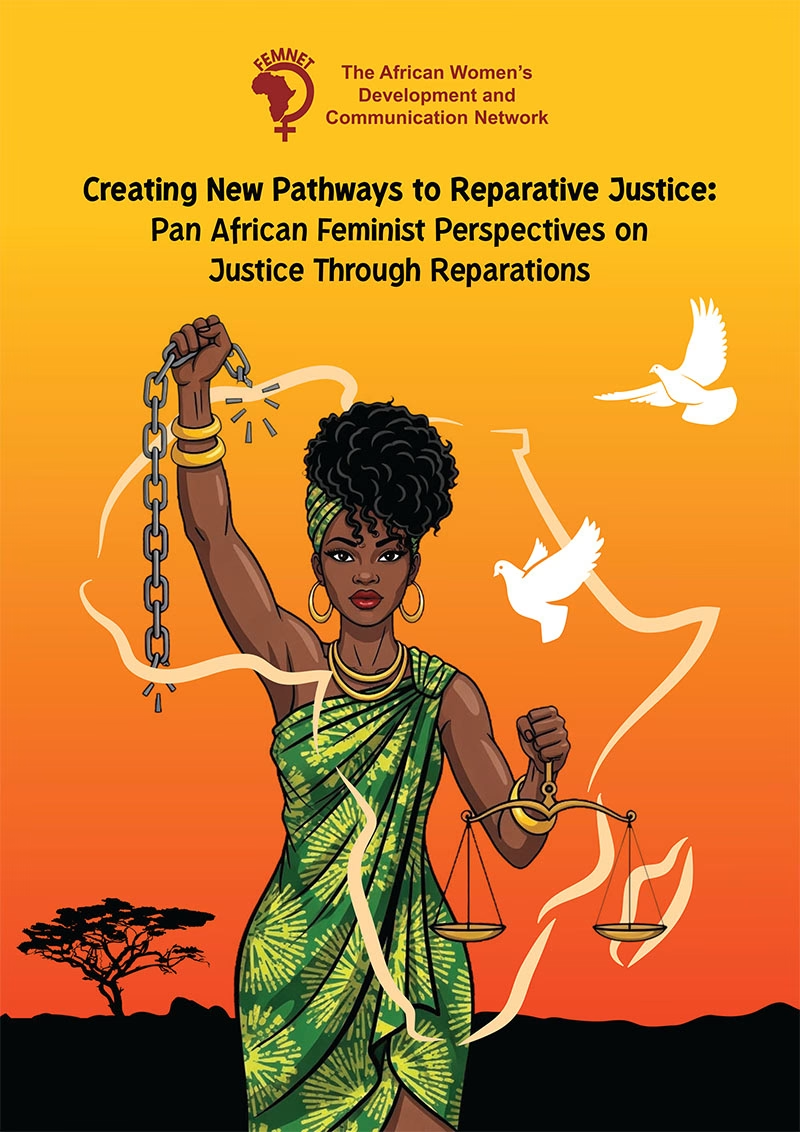
Creating New Pathways to Reparative Justice: Pan African Feminist Perspectives on Justice Through Reparations
Across Africa and the global African diaspora, the demand for reparations has become a defining call for justice in the twenty-first century . This demand is not new. It is rooted in centuries of resistance to slavery, colonization, apartheid, and the racial and gendered hierarchies that continue to shape global systems. The African Union’s 2025 theme, “Justice for Africans and People of African Descent Through Reparations”, presents a timely opportunity to confront these legacies, and articulate a transformative vision of justice that places African women and girls at the centre (African Union, 2019).
This background paper, commissioned by FEMNET, responds to this moment by advancing a Pan-African feminist perspective on reparations. It foregrounds the lived realities, historical erasure, and ongoing resistance of African women and girls. It contributes to a growing body of work that challenges dominant narratives, exposes structural violence, and reclaims the right to memory, dignity, and redress.
In this context, reparations are understood as a form of justice that acknowledges, redresses, and seeks to heal the enduring harms caused by historical injustices. These include slavery, colonization, apartheid, and systemic racial and gender-based discrimination (Abuja Proclamation, 1993; United Nations, 2001). While the concept of reparations has gained traction globally, this paper centers its relevance to African and Afro-descendant communities. Reparations, it argues, are not limited to financial compensation. They encompass restitution, rehabilitation, satisfaction, guarantees of non-repetition, and the transformation of the systems that continue to marginalize African peoples (African Union, 2019).
The paper draws on key milestones such as the Abuja Proclamation (1993), the Durban Declaration and Programme of Action (2001), and the African Union Transitional Justice Policy (2019). It also builds on the momentum of the 2023 Accra Conference on Reparations, which brought together leaders, scholars, and activists to reaffirm the legitimacy of Africa’s claims and to amplify the voices of those most affected (Accra Reparations Conference, 2023). The Accra Proclamation emphasized the need to center African women and girls, whose experiences of colonial violence have often been erased or ignored.
